Zoomarine will reduce its annual consumption of borehole and mains water «between 80% and 90%», with the entry into operation of its Wastewater Recycling and Reuse System, which was inaugurated on Saturday, July 15th , in a ceremony chaired by Duarte Cordeiro, Minister of the Environment.
This investment, which «is around 130 thousand euros» and was carried out «in close collaboration with Águas do Algarve» and with the advice of the LNEC - National Laboratory of Civil Engineering, will make it possible to «save around 80% to 90% of our water from boreholes and downhill, which comes from the City Council», added Élio Vicente, director of conservation and institutional relations at Zoomarine.
«We will, of course, have to continue using mains water for our kitchens and bathrooms. What we gain is another freedom in strengthening our gardens and the Botanical Garden, because now we have access to water that would otherwise be discarded, eliminated, and to which we are going to give a second life», framed the marine biologist, on the sidelines of the ceremony of inauguration of the new system.
In this way, even without failing to save water from aquifers and the multi-municipal water supply system, Zoomarine will be able to invest «in more green areas and more production in terms of our greenhouses, for internal consumption, but also to allocate to the project Montanha Verde, because we are going to start producing the plants here that we are going to distribute to the municipalities».
In order to allow Zoomarine to take advantage of the water that is treated at the Albufeira Poente Wastewater Treatment Plant, «a pipeline was created that goes from the southern part of Zoomarine to the WWTP, which is more or less 710 meters away from the park. We also made a connection to an outlet box where Águas do Algarve discards the water that has already been treated and that enters the Espiche stream».
«Then we built, here at Zoomarine, the collection station, where the water is sent to the North. We have a biological treatment plant and ultra-violet disinfection. Then the adaptation is made, so that the water enters the irrigation system, which is underground and drip by drop, which is the most effective way of doing it», explained Élio Vicente.
Through this new solution, «an annual saving of many hundreds of thousands of liters of water is expected for watering gardens, nurseries and the like».
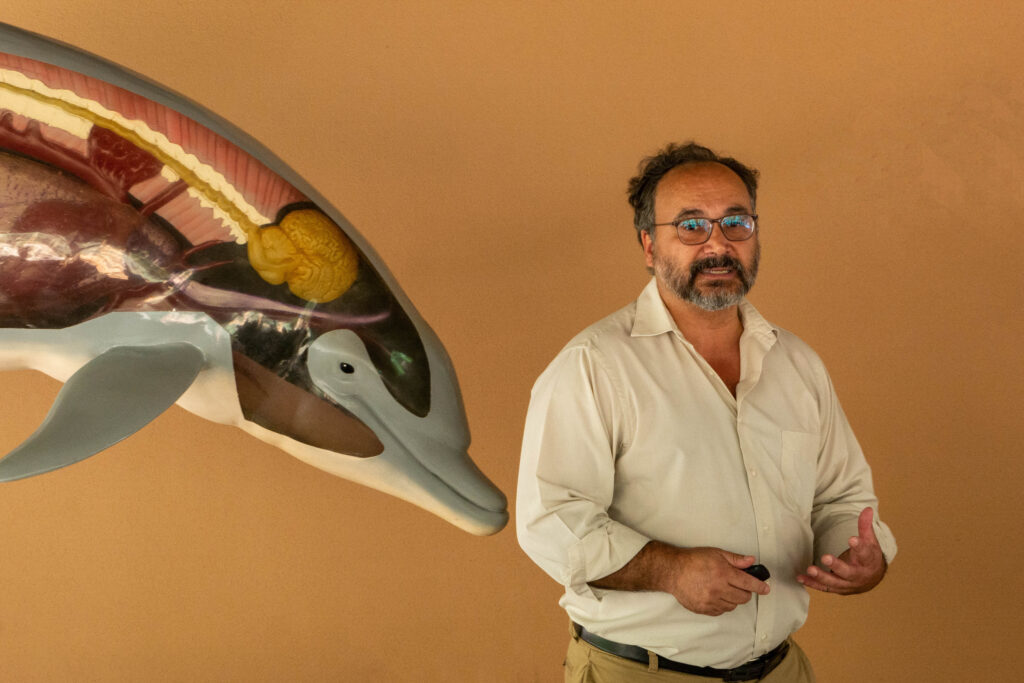
Minister Duarte Cordeiro considered Zoomarine's investment "an example of what is the adaptation of an important infrastructure from the tourist point of view, here in the municipality of Albufeira, to what are the country's needs in terms of response to climate change, in particularly in a context of drought'.
«Zoomarine has made an effort in this direction. It already had a seawater catchment, which helps with the needs [of water to supply the swimming pools], which are obviously very significant, taking into account what its tourist offer is”, added the member of the Government.
The minister was referring to the 4,7 kilometer pipeline installed by Zoomarine in 2014, "which allows the capture (and subsequent return) of sea water".
«If Zoomarine, which has very significant water needs, manages to adapt to take advantage of recycled water for green spaces and sea water for other needs, it is a good example of how we, in the future, will be able to reconcile tourist economic activities with the needs of the territory, in a context in which the drought is affecting us, in particular the Algarve region», reinforced Duarte Cordeiro.
With the new system, «water savings are now made not only in terms of salt water (for zoological habitats, rehabilitation centre, public swimming pools and slides), but also in terms of fresh water (watering gardens and similar ). Soon, the reinforcement of the use of rainwater will allow Zoomarine to have an even smaller environmental footprint», according to the park.
The Minister for the Environment also welcomed the «positive sign of reduced consumption compared to last year», verified in June, already after the launch of a public awareness campaign for water saving.
«We hope that this means that there is greater moderation and that water is being consumed more consciously in the Algarve region», he wished.
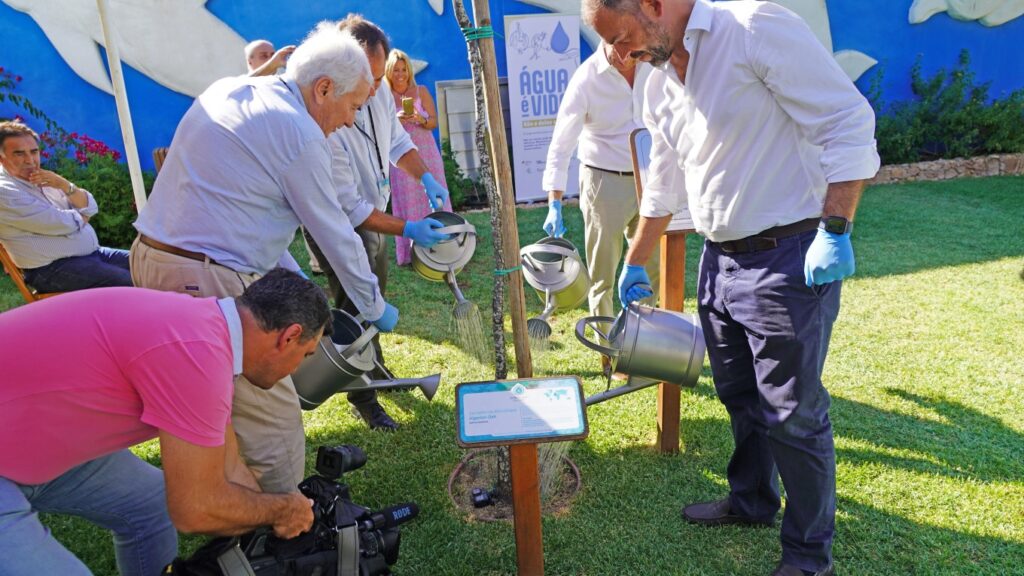
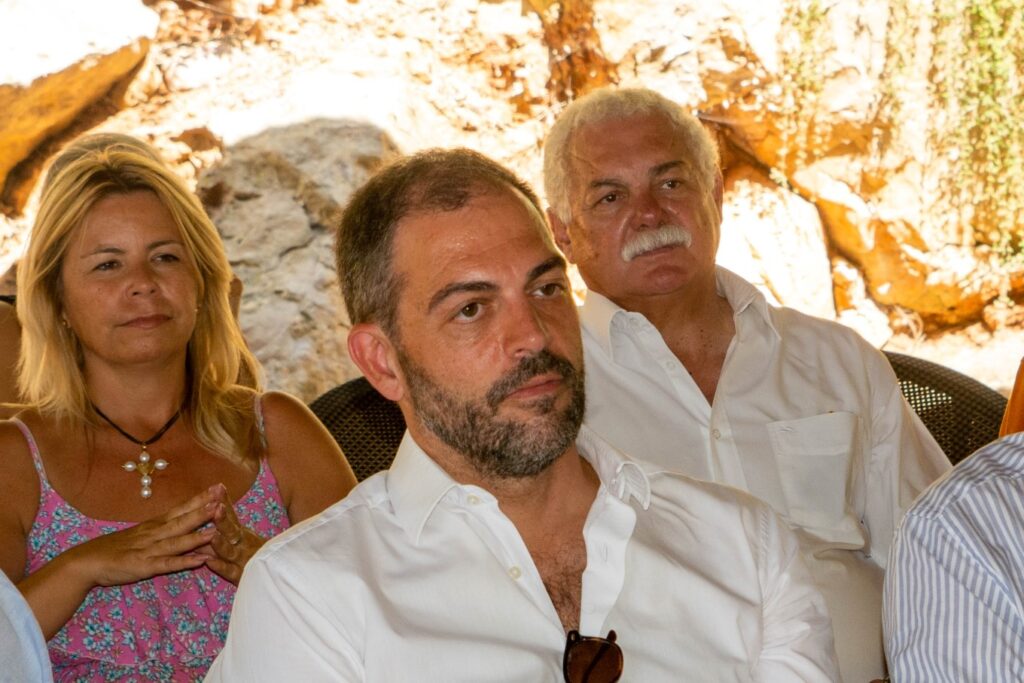
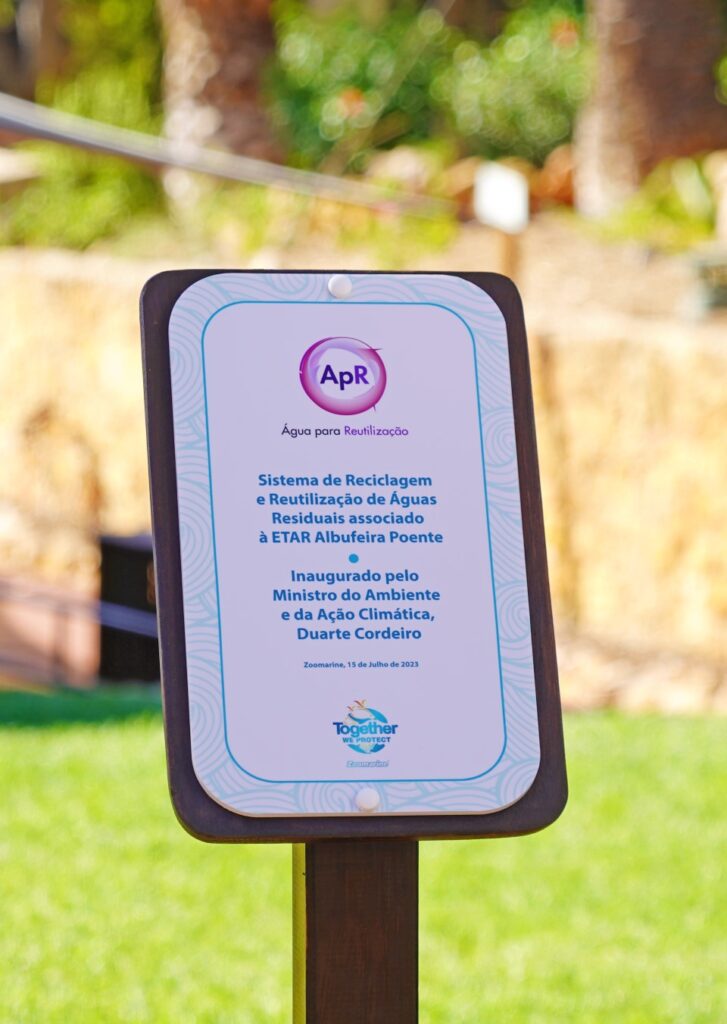
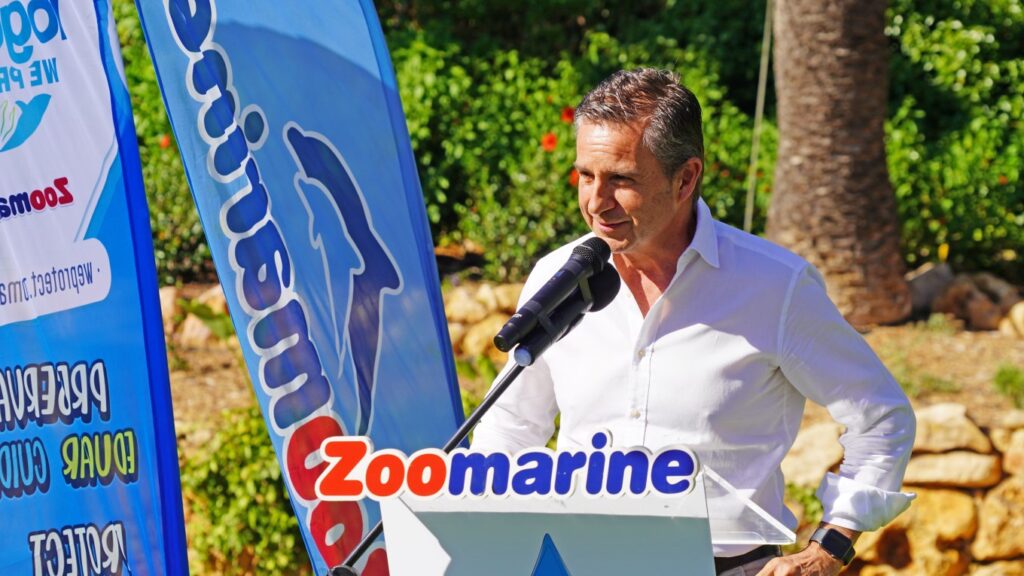
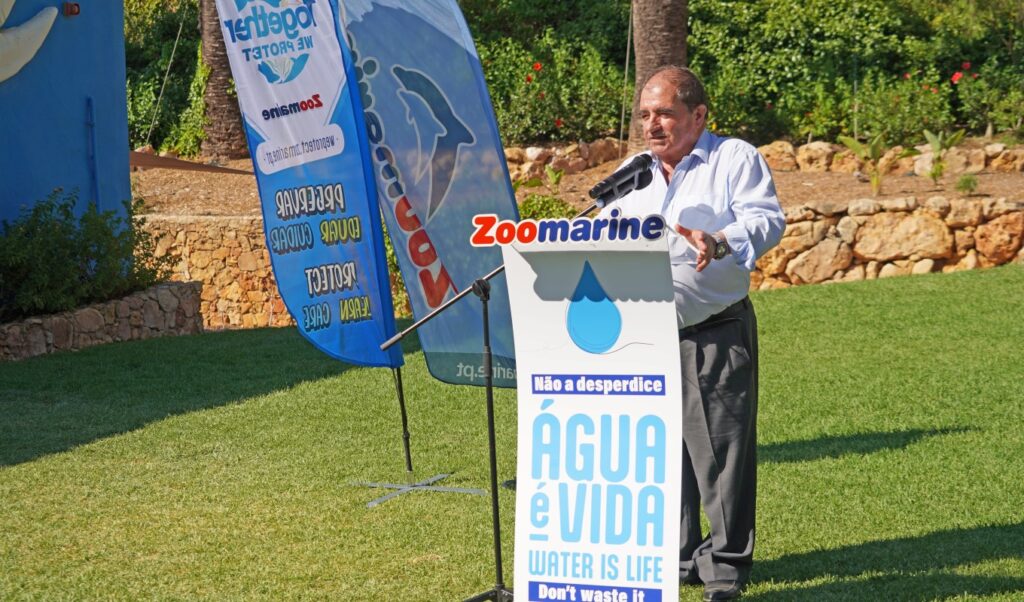
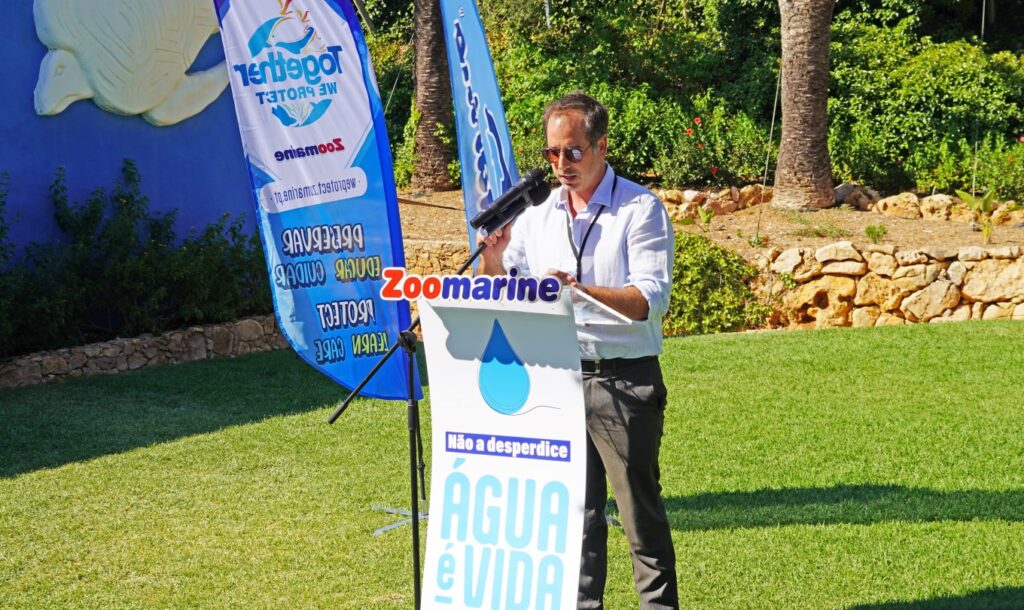
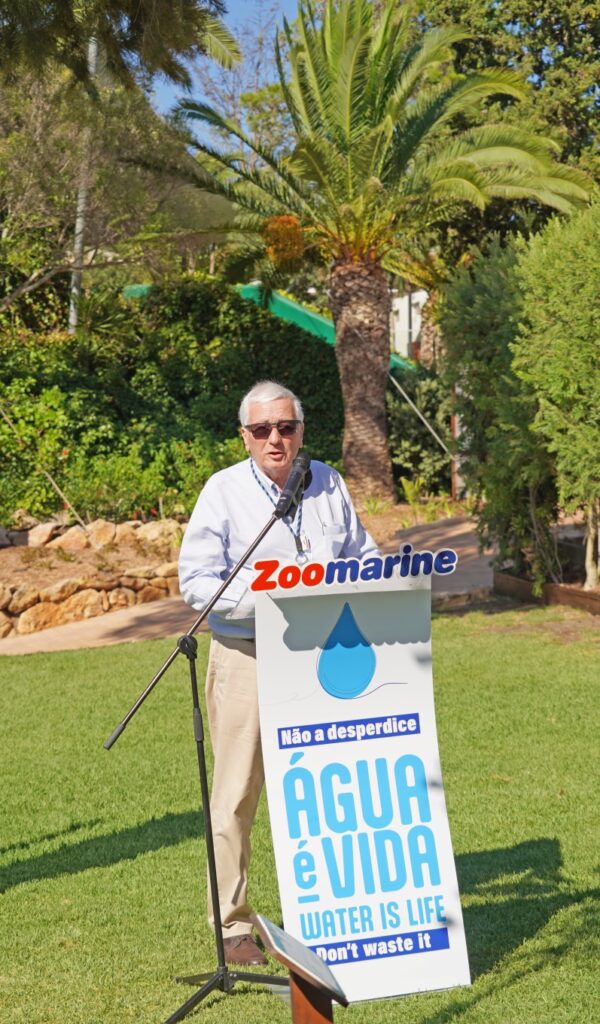
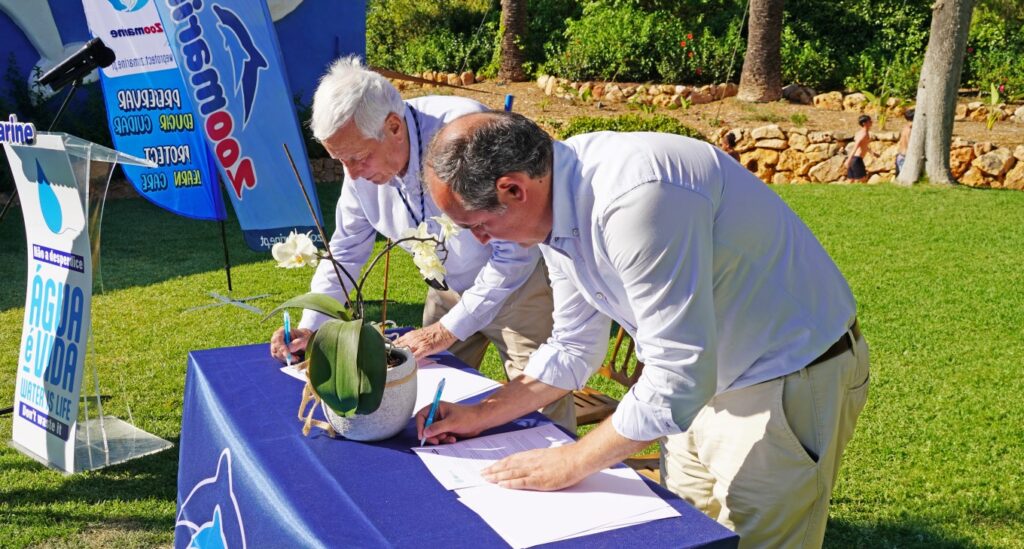
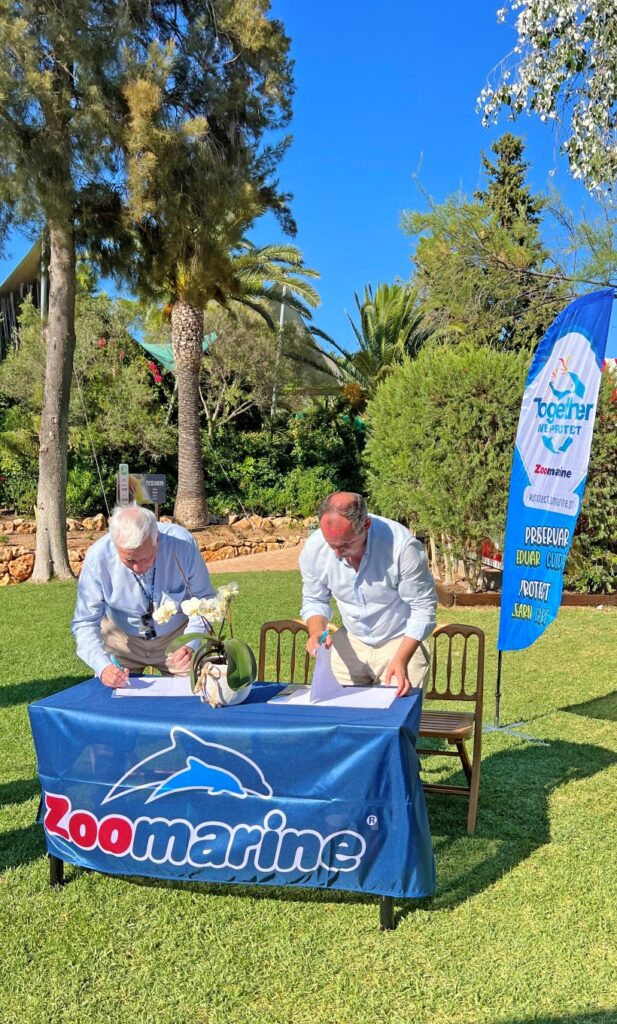
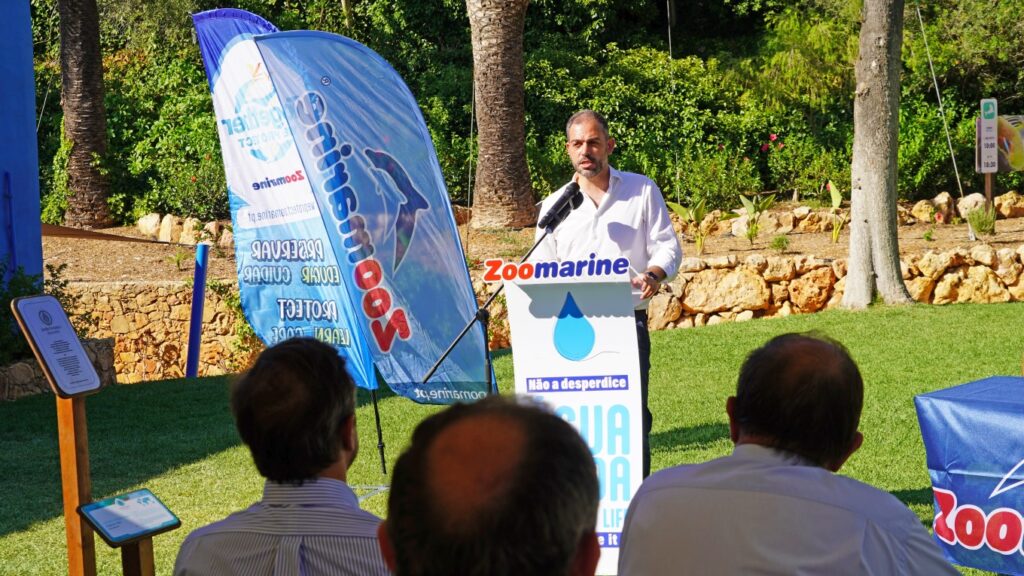
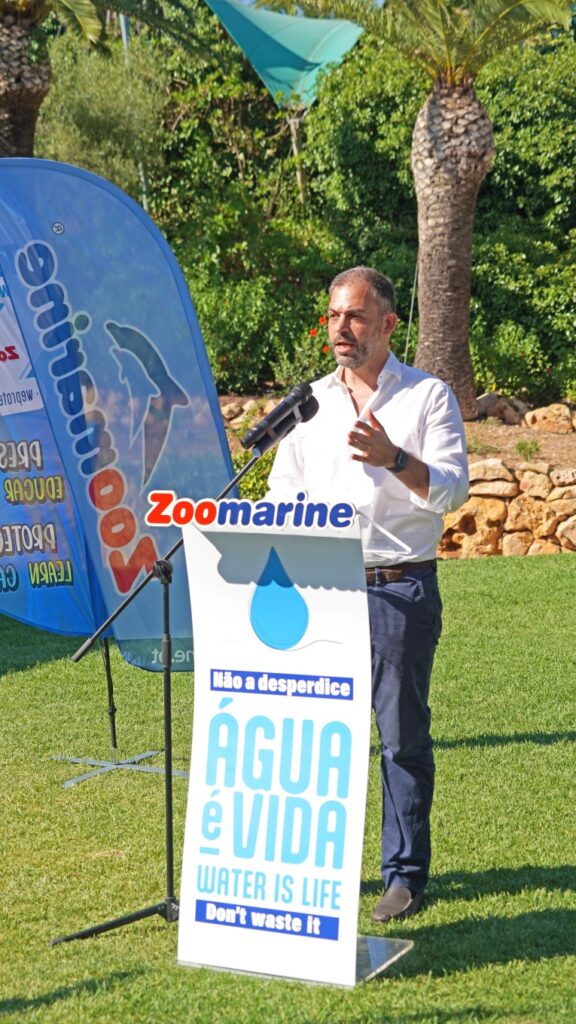
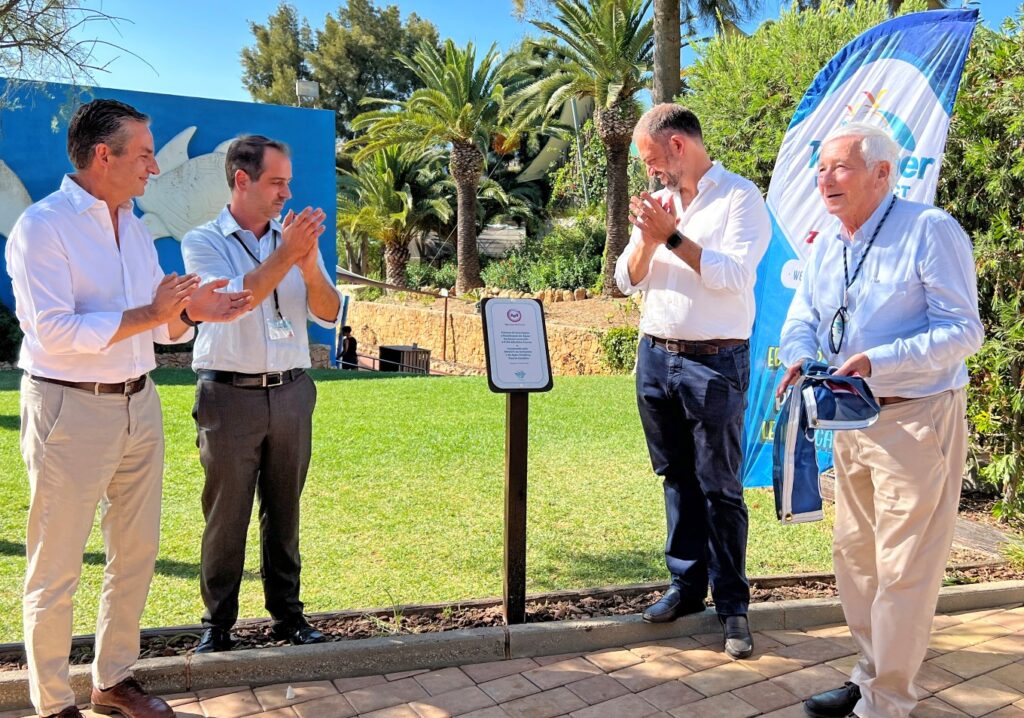
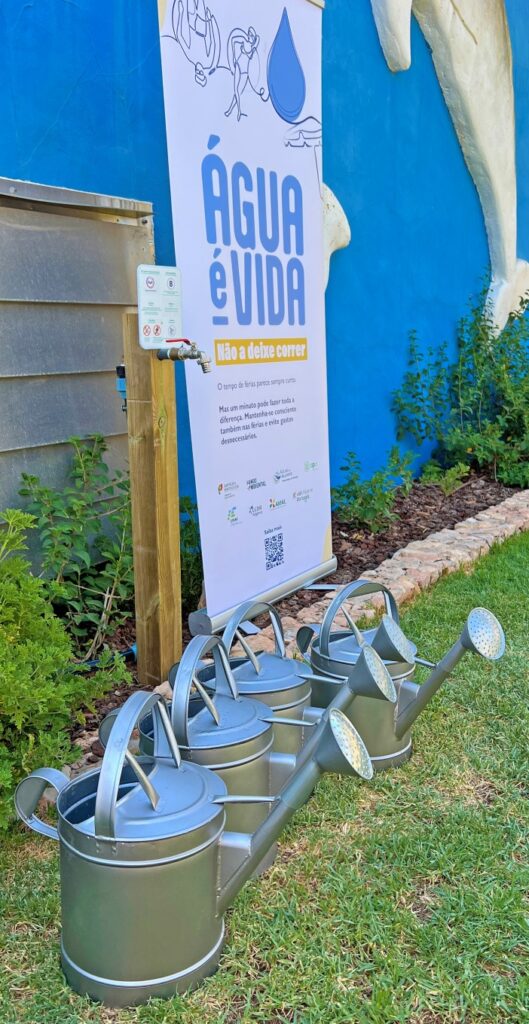
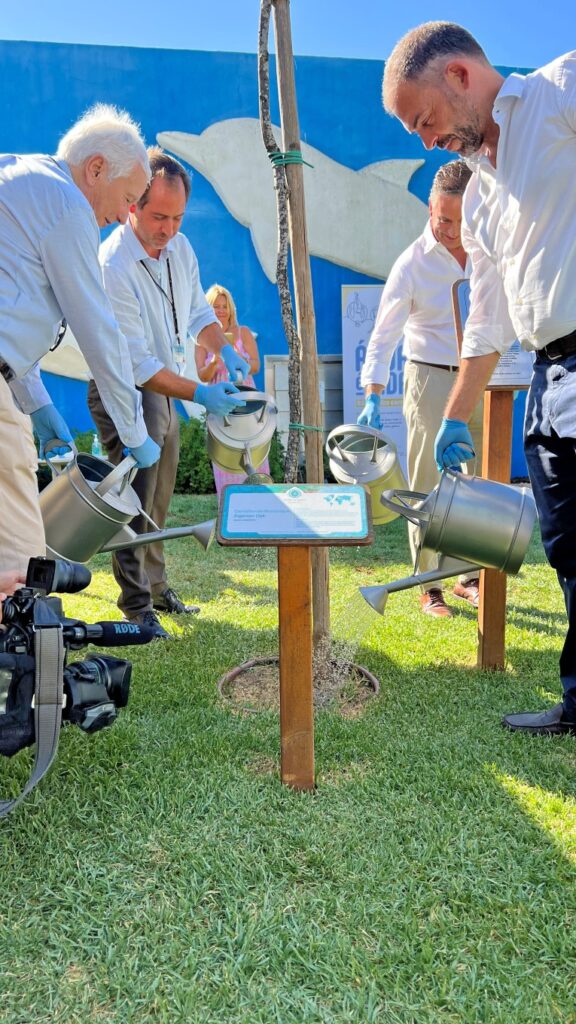

















Comments